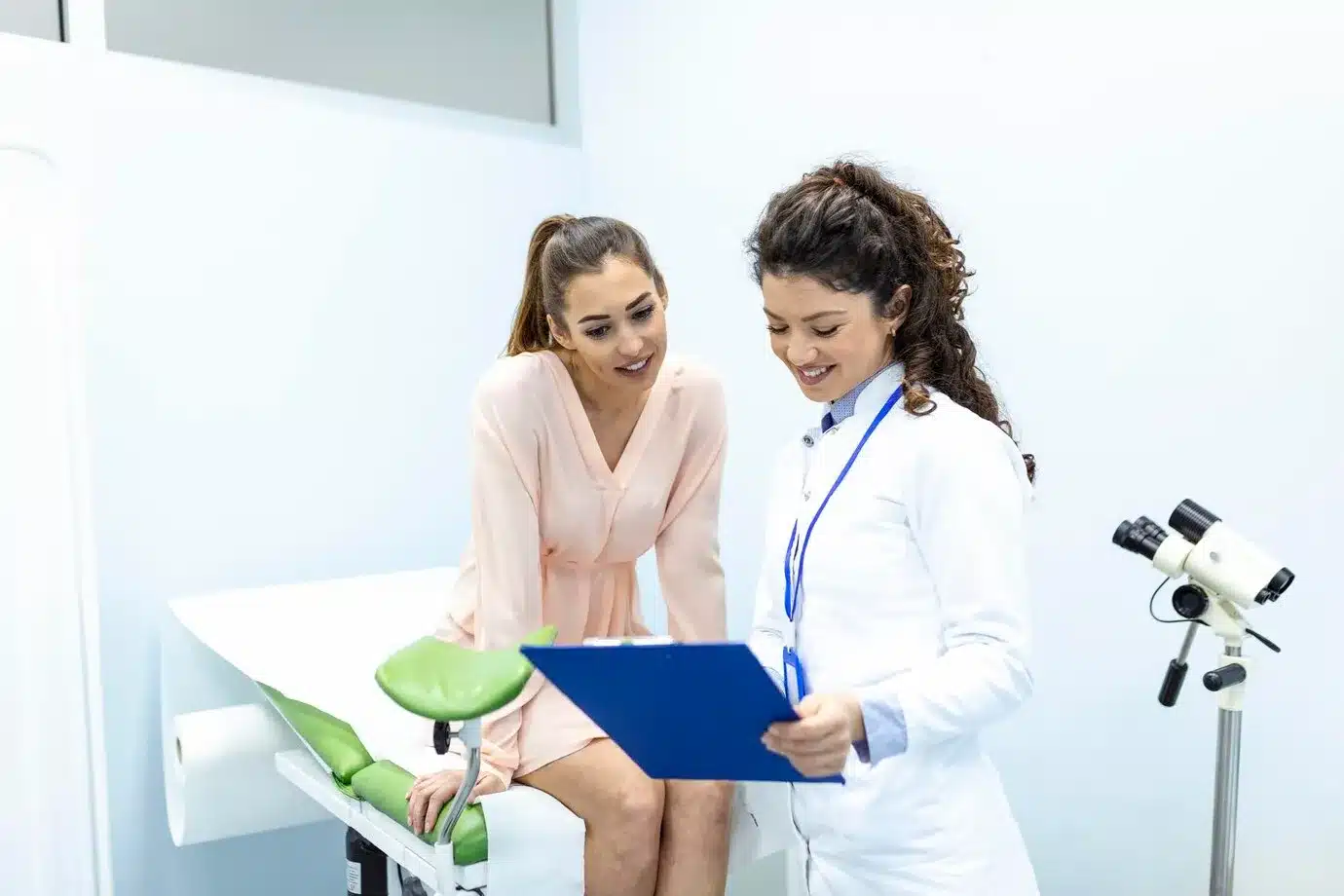Joining our egg donor program is a very personal and life-changing experience. For most women, egg donation is motivated by compassion, desiring to enable another individual to start a family. Yet understanding what the procedure truly is can only be acquired prior to such a commitment. What we do here is take you through the phases of the egg donation process in actual comments made by donors and advice based on the procedure by established bodies such as the Indian Egg Donors.
Understanding the Egg Donation Process
The egg donation process typically involves a number of steps, each thoroughly monitored to protect the health and mental well-being of the donor. We shall walk you through each step so you understand what to anticipate.
1. Initial Inquiry and Application
Your process starts with an online application form. Indian Egg Donors employs the initial step as a method to get to know your age, medical history, lifestyle, and background. This informs you of whether you qualify or not, depending on the simple eligibility requirements, which most likely are:
- 19 to 30 years old
- Not smoking and drug-free
- Healthy BMI
- No serious genetic or hereditary disease
Most donors have referred to this phase as informational and reassuring. You’re not obligated yet—just finding out if you might be a good fit.
2. Screening and Evaluation
When we receive your application, the second step is comprehensive screening. This involves:
- Medical Testing: Hormone levels, ovarian reserve tests, infectious disease tests, etc.
- Genetic Testing: To screen for inherited diseases
- Psychological Evaluation: To determine if you’re mentally and emotionally ready
- Counseling Session: Where you can ask questions and have things explained
Donors like this step immensely. It ensures them that the procedure is safe and their health is properly taken care of.
3. Matching with Intended Parents
Once you’ve finished all the screenings, you’re added to a donor database. Indian Egg Donors has intended parents browse profiles and locate a donor who fits their requirements, i.e., physical characteristics, ethnicity, or education.
When a match is established, legal agreements are written up to safeguard you and the intended parents. They cover rights, duties, and confidentiality agreements.
4. Cycle Preparation and Medications
You will be followed through a personalized cycle plan by a fertility specialist. The following is involved in this phase:
- Taking pills that are birth control to synchronize your cycle
- Hormonal shots to make your ovaries release more than one egg
This cycle takes 10–14 days and can include daily hormone injections and continuous monitoring by way of ultrasounds and blood tests. Donors almost unanimously report being initially apprehensive about the injections, but ultimately found them to be acceptable with proper explanation.
5. Egg Retrieval Procedure
When your eggs are ready, you’ll undergo a minor outpatient procedure known as egg retrieval. It typically lasts 20–30 minutes and is performed under light sedation. The doctor uses a thin needle to extract the mature eggs from your ovaries.
A day or two off is usually taken by most donors to recover. Mild bloating or cramping may occur, but complications are very unusual when one deals with professionals like those on the team at Indian Egg Donors.
6. Post-Retrieval Recovery
Following the procedure, you will have a follow-up to make sure that you are doing well. The majority of donors are already resuming normal activities after a few days. More importantly, you will still be able to reach out to the donor team for any questions or concerns.
Some women feel a sense of pride and gratification after they have made the donation. Others are amazed by the tremendous emotional response of realizing that they assisted in bringing about a family.
What Donors Say: First-Hand Experiences
The vast majority of prior egg donors describe their experience as empowering and rewarding. Typical remarks include:

- “It was amazing to learn I could help someone achieve something so big.”
- “The doctors made sure I understood what they were doing at every step.”
- “I was amazed at how much care I had throughout the entire process.”
These experiences place a huge value on finding a good agency. Donors through Indian Egg Donors continually remark that they feel well informed, safe, and respected throughout the process.
Emotional Considerations
Egg donation is not only a medical process; it is an emotional one. Prior to committing, it’s extremely important to:
- Think about your reasons
- Think about long-term implications
- Be honest in counseling
Indian Egg Donors makes sure that all candidates are provided with psychological counseling so that they can make an informed choice.
Frequently Asked Questions
Q1. Who can become an egg donor?
Ans: Healthy women aged 19–30 with no major genetic or health issues can apply.
Q2. Is the egg donation process safe?
Ans: Yes, if done with professionals, the egg donation process is safe and medically supervised.
Q3. How long does the egg donation process take?
Ans: From screening to retrieval, just a few weeks.
Q4. Will I receive support during the journey?
Ans: Yes, organizations such as Indian Egg Donors offer full medical and emotional care.
Q5. Does egg donation involve surgery?
Ans: Egg collection is an uneventful day-case procedure performed under light sedation.
Conclusion
Egg donation is a life-changing gift—one that builds families and transforms lives. It’s a process of preparation, commitment, and empathy. Done through a responsible and stable platform like Indian Egg Donors, it is an experience that is safe, nurturing, and life-affirming.
Ready to Start Your Journey?
If you’re considering becoming an egg donor and want to work with a compassionate, professional team that prioritizes your health and dignity, Indian Egg Donors is here to help.

Dr. Kulsoom Baloch
Dr. Kulsoom Baloch is a dedicated donor coordinator at Indian Egg Donors, leveraging her extensive background in medicine and public health. She holds an MBBS from Ziauddin University, Pakistan, and an MPH from Hofstra University, New York. With three years of clinical experience at prominent hospitals in Karachi, Pakistan, Dr. Baloch has honed her skills in patient care and medical research.










